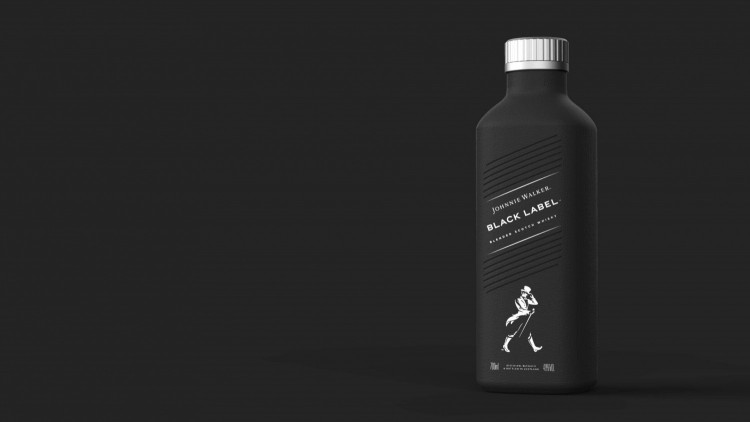Starting early next year, scotch whisky Johnnie Walker will be sold in plastic-free bottles, Diageo Plc disclosed on Monday, as the biggest spirits maker in the world accelerates production to counter plastic waste.
The new container, made in tandem with venture management group Pilot Lite, will be developed using wood pulp in accordance with food grade requirements and is completely recyclable, the Guinness and Tanqueray Gin group stated.
Diageo and Pilot Lite have unveiled Pulpex Ltd, a sustainable packaging firm, to produce the paper bottle and partner on research and development.
Johnnie Walker, the whisky that traces its roots back 20 decades, will soon hit the shelves in paper bottles. Diageo, the beverage group that owns the brand, disclosed that it is looking to run a test of the new environmentally-friendly packaging starting 2021.
To manufacture the containers, Diageo will co-launch a company called Pulpex, which will also make packaging for companies such as PepsiCo and Unilever.
In the United Kingdom, awareness of plastic pollution has grown in recent years by shows like "Blue Planet II." Presented by naturalist David Attenborough, the television program underscores the devastating effect of plastic on the environment.
According to data provided by the Department for Environment, Food & Rural Affairs, the U.K. accumulated 2.25 million metric tons of waste packaging from plastic in 2017, with 46 percent of the plastics either recovered or recycled.
Since first being rolled out by grocer Johnnie Walker in 1820 in the Scottish burgh of Kilmarnock, Johnnie Walker Whisky has emerged as a household name, becoming perhaps the most famous blended Scotch whisky across the world.
The drink comes in different succession, including the Black, Red and Blue Label, all of which feature distinct taste and character. Diageo said that the creation of the new container will hopefully inspire other companies to "rethink their packaging designs" while at the same time "not compromising on the existing quality of the product," Sabrina Barr of Independent wrote.
Consumer product makers have come under growing scrutiny for the volume of plastic they use in packaging food and other household products. In Europe, for instance, 8 million tons of plastic were used to package food and beverage in 2018, ING analysts disclosed.
Diageo uses less than 5 percent of plastic in its total packaging, but along with PepsiCo and Unilever, has set goals to cut and recycle plastic in their packaging as part of the United Nations Sustainable Development Goals by 2025.






